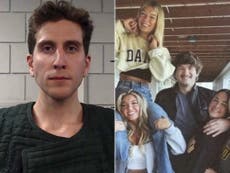BTK Killer’s daughter sensed her father in the Idaho murders. Bryan Kohberger’s arrest took her breath away
Kerri Rawson had a ‘nagging’ sense as she followed every development in the Idaho murders case. After the arrest of Bryan Kohberger, she tells Bevan Hurley how her ‘stomach sank’ when she realised a link between the suspect and her father, notorious serial killer Dennis Rader

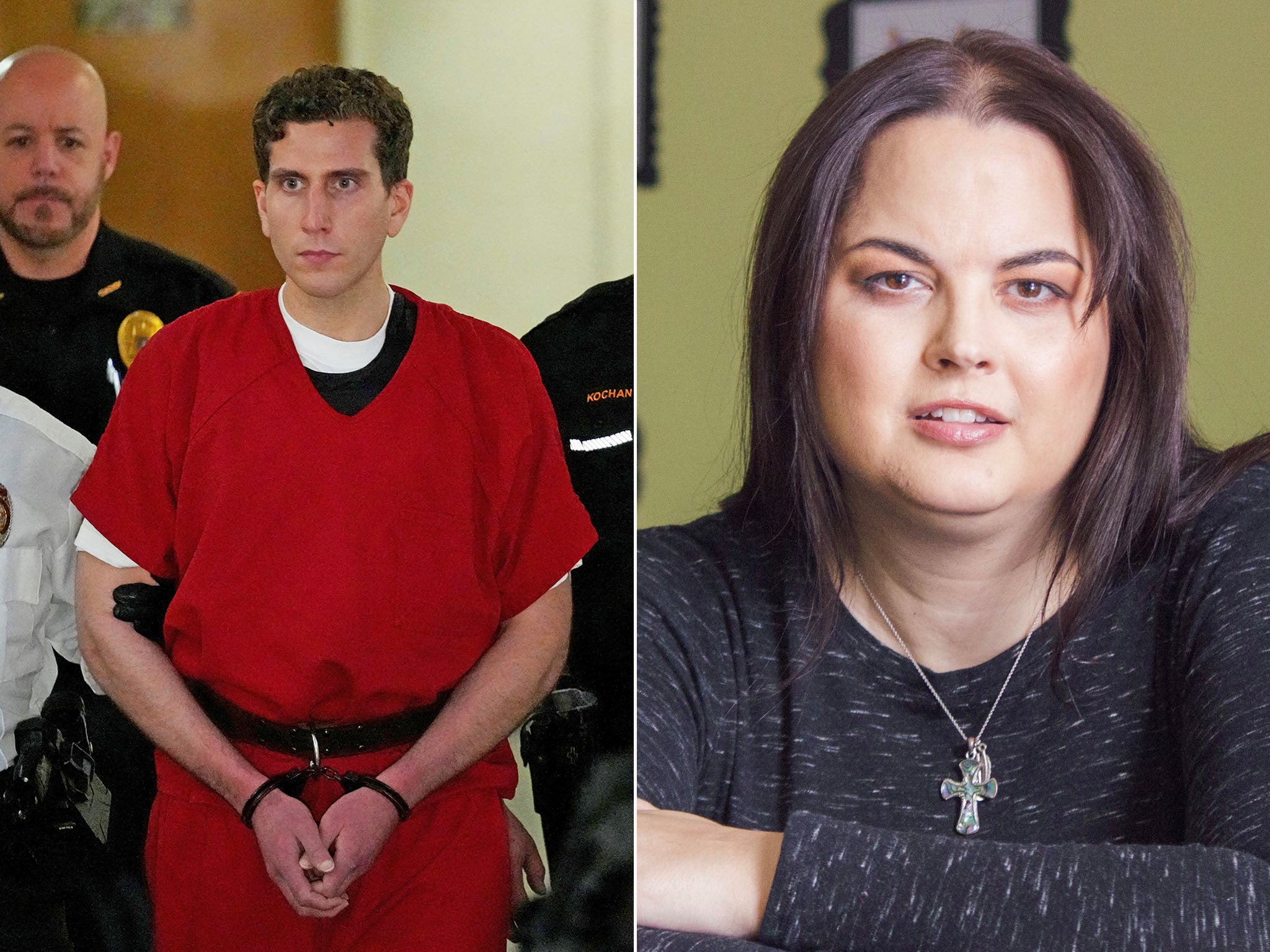
Like millions of true crime enthusiasts, Kerri Rawson found herself following every detail in the Idaho college murders case.
Four young University of Idaho students had been stabbed to death in a “targeted” home invasion at their Moscow student residence on 13 November, while two survivors were left sleeping.
As the weeks stretched on, no suspects were identified, no murder weapon was found, and no plausible motive was identified.
Ms Rawson found herself equally captivated and horrified by the crime.
“It’s just like a complete utter violation for someone to go in there and do that,” she told The Independent.
However, Ms Rawson was no casual observer. As the daughter of the “bind torture kill” serial killer Dennis Rader - known as BTK , she had been living with the mental torment of her father’s murder spree ever since he was arrested by the FBI out of the blue one day in 2005.
She says there was something “nagged and bothered” her about this particular crime from the beginning.
“I don’t know if maybe I just sensed my father to some degree. I honestly don’t know.”
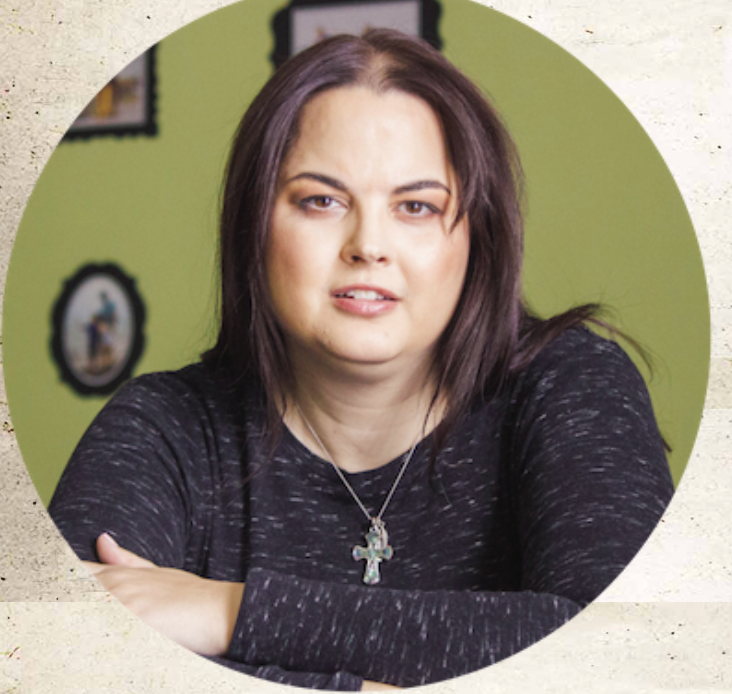
On 30 December, when her Twitter started “lighting up” with news of an arrest, she initially felt enormous relief.
That feeling subsided when she learned that the suspect, Bryan Kohberger, had gained a Master’s degree in criminology in 2022 from Pennsylvania’s DeSales University, where he was taught by Dr Katherine Ramsland, the leading academic authority on the BTK killings.
Ms Rawson said her “stomach sank” when she learned of the connection between the Idaho suspect and her father.
Dr Ramsland, a world-renowned expert on serial and mass killers, wrote the 2016 book Confession of a Serial Killer: The Untold Story of Dennis Rader, the BTK Killer, in 2016, drawing on hundreds of hours of interviews and phone conversations with the serial killer to delve deep into his psyche.
A profile on the DeSales University website states that Dr Ramsland “worked with the BTK serial killer, Dennis Rader on his autobiography”. However, she is the only author credited.
Ms Rawson said she refused to participate in the book, which documented in explicit detail Rader’s 10 murders in Wichita and Park City, Kansas, between 1974 and 1991, through crime scene reports, jailhouse visits, telephone calls, and written correspondence.
“I ended up actually back in trauma therapy while reading that book. I was still mad at my father. I threw the thing across the room.”
Ms Rawson wasn’t even alive when her father committed his first seven murders between 1974 and 1977.
Rader had been a respected president of his local church and a Cub Scout leader, who secretly carried out a series of sadistic murders while bragging about his crimes to the media. He came up with the “bind torture kill” moniker in letters to Kansan media.
Rader discussed intimate family details in the book, including how he would return from a kill to dine with his oblivious family members.
“To see my father say things about my family, and be really rough on us in places it basically tore me apart,” she tells The Independent.
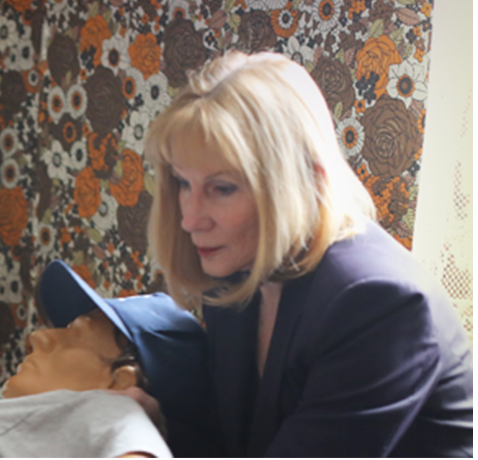
Dr Rawlands teaches courses at DeSales such as “Dangerous Minds”, “Behavioural Criminology” and “The Psychology of Fear”, and has written 68 books including How to Catch a Killer and The Mind of a Murderer.
In a brief statement to The Independent, Dr Rawlands said: “I’m making no media statements at this time.”
DeSales released a statement on 30 December to say the university community was “devastated by this senseless tragedy”.
Serial killers studying criminal justice is not a rare phenomenon.
Ms Rawson said her father earned a degree in criminal justice at the same time he was committing murders in the 70s.
The Golden State Killer Joseph DeAngelo was a police officer who earned a bachelor’s degree in criminal justice in 1971, and later took post-graduate courses and further police training at the College of the Sequoias in Visalia.
Ted Bundy was a psychology major who graduated with honours and later worked at Seattle’s Suicide Hotline Crisis Center.
Since Mr Kohberger’s arrest, much of the public interest has focused on his criminal justice studies.
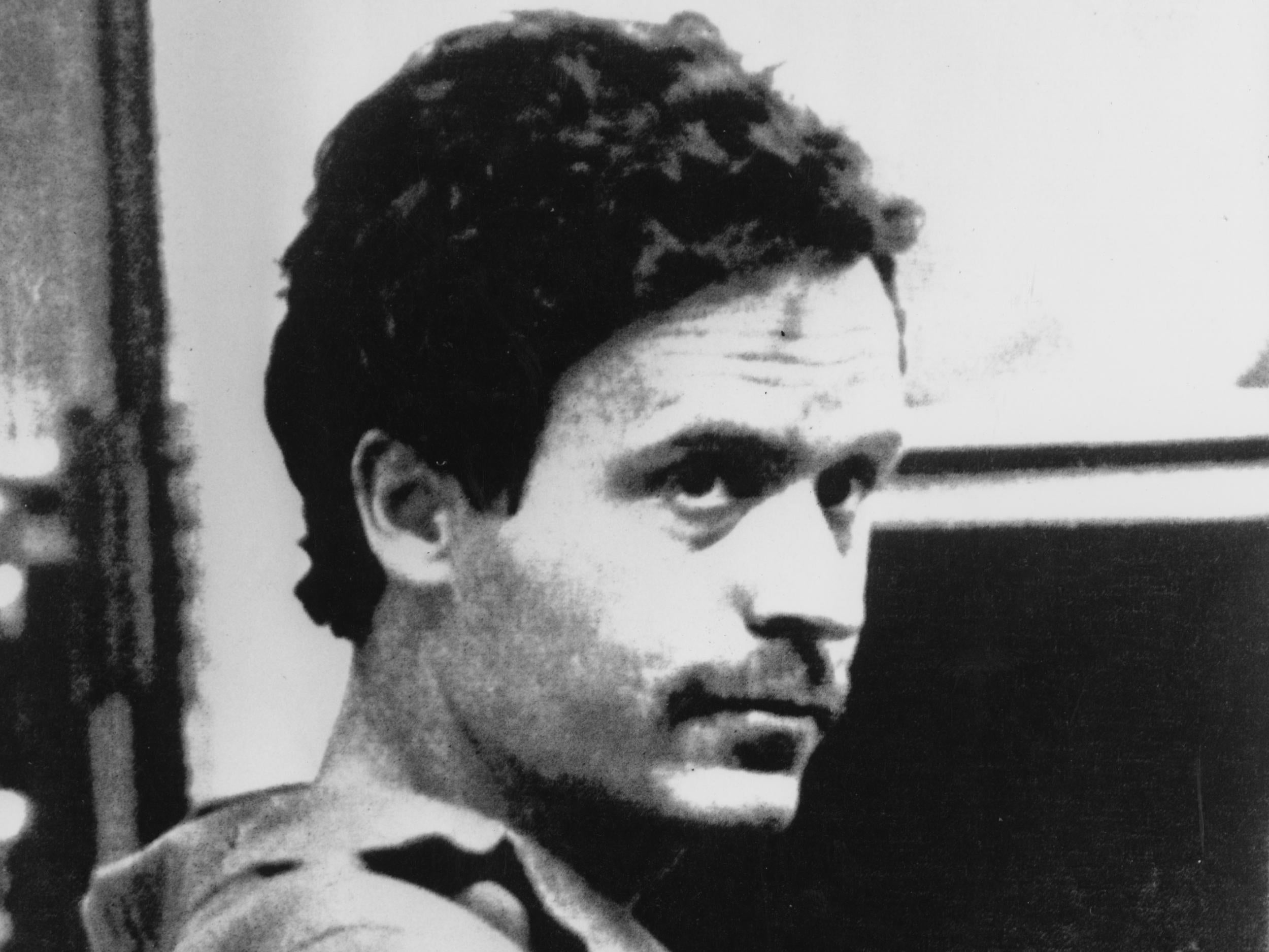
He graduated from DeSales, a private Catholic University near his hometown, with a bachelor’s degree in 2020 and completed his Master of Arts in criminal justice there in June 2022.
Mr Kohberger was a PhD student in the criminal justice programme at Washington State University’s campus in Pullman.
A Reddit post that was removed after his arrest appeared to show Mr Kohberger seeking participants for a research project “to understand how emotions and psychological traits influence decision-making when committing a crime.”
“In particular, this study seeks to understand the story behind your most recent criminal offense, with an emphasis on your thoughts and feelings throughout your experience,” the post stated.
Mr Kohberger’s Pullman apartment is about 15 miles from the off-campus home in Moscow, Idaho, where Kaylee Goncalves, 21; Madison Mogen, 21; Xana Kernodle, 20; and Ethan Chapin, 20, were found dead on 13 November.
Police are yet to release any details around the crime scenes, apart from that the four students were stabbed to death.
Ms Rawson said Mr Kohberger’s academic background was troubling, and could mean greater vetting of prospective criminology students was required.
“You have to take everything now through a different lens with the Idaho suspect. Like, was he overly seeking out answers, to say how, committing a crime felt? How to get away with the perfect crime?
“Did he enter into these fields academically to pursue an education to become law enforcement or was he pursuing it from the get-go with a deviant mind. A malcontent who was wanting to eventually commit a crime knowing that something was different in him.
“Those are questions that we’re going to have to answer later on. Right now, it’s just, it’s difficult to answer these things, because we don’t have a lot of information.”
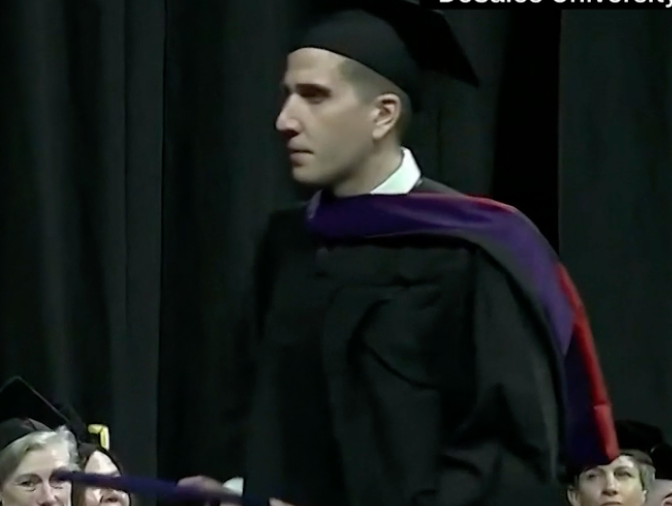
Ms Rawson said her father had been in trouble with prison officials at the maximum security El Dorado Correctional Facility where he is serving 10 consecutive life terms for sending fans his underpants, glasses and disturbing artwork with BTK symbols in it.
She believes it’s entirely possible that Mr Kohberger was in contact, and possibly influenced, by her father.
“Did he have any contact with my father through letters or possibly phone calls? We don’t know right now. We’re going to need proof of that.”
The married mother of two says she cut off all contact with her father in 2021 after being harassed by his supporters in email and social media.
“I couldn’t handle it anymore.”
Ms Rawson declined all media requests for 10 years after her father was convicted of the murder spree.
She first agreed to an interview with local Kansas media in 2014, and found it therapeutic for the severe trauma she was going through.
“I didn’t do anything wrong, the rest of my family didn’t do anything wrong. So you know, why are families like mine being ostracised in the media, you know, being put under the microscope? Because we didn’t do anything, it’s not our fault. My father’s fault.”
She has since become a sounding board for hundreds of people whose family members have committed serious crimes, and wants to see them treated as victims in the criminal justice system.
In November, she published her own book A Serial Killer’s Daughter, which became a New York Times bestseller.


